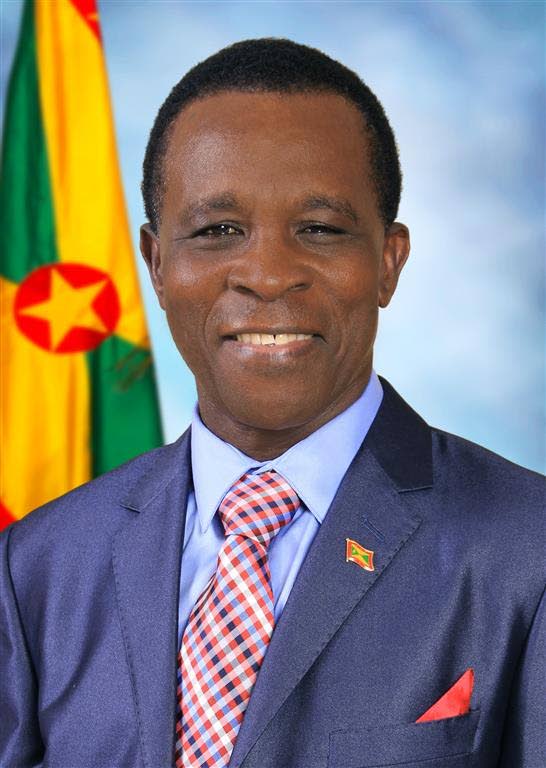Venezuela receives Caricom’s goodwill offer

Chairman of Caricom, Grenada’s Prime Minister Dr Keith Mitchell has made formal contact with the Venezuela's Government and Opposition to offer Caricom’s goodwill offices in mediation to help resolve their political issues.
This is according to Ambassador Colin Grandison, Assistant Secretary General - Foreign and Community Relations, Caricom Secretariat.
Grandison, a panelist at today’s UWI Livestreamed Forum: Regional Perspectives on the Venezuelan Crisis” hosted by the Institute of International Relations, University of the West Indies St Augustine Campus, said that, “Some responses have been received, and the Community continues to follow up.”
He said, “For the good offices to be effective responses will have to be received from all the relevant parties.”
The decision to offer Caricom’s goodwill offices to Venezuela's political directorate was made at the July Caricom Heads of Government meeting in Grenada despite conflicting positions by Caricom on the issue, Grandison said.
On the one hand, he said, are Caricom’s foreign policy position on respect for the rule of law, human rights, democracy, and the principles of non interference and non intervention in the internal affairs of states, while the regional body has expressed its concern publicly over the increase in violence and polarisation between the Government and the Opposition in Venezuela.
Caricom views solidarity, he said, as a two-way street and has provided political and diplomatic support to the South American country when threats were made to exclude or suspend it from hemispheric fora. Support was made through statements from Heads of Governments and from meetings of the Council of Foreign Ministers.
Caricom’s view, he said, is that the solution to the present situation has to be sought internally.
However, there are deep concerns over the Venezuelan crisis with regard to security in the community. This include, he said, the flow of arms and ammunition, drug trafficking, human trafficking, piracy, and the outflow of refugees.
“It is no secret,” he said, “that the crisis in Venezuela has placed strains on Caricom’s efforts to sustain a united political and diplomatic response to this issue. This has been reflected in the voting patterns of community member states on resolutions of the Organisation of American States, he said.
Meanwhile, the instability in Venezuela which has led to organised crime, Dr Anthony Gonzales, retired Institute of International Relations director and University of the West Indies academic told the same forum, poses a national security threat, not only to Trinidad and Tobago, but also to the entire Caribbean region.
“Organised crime feeds on the black market. It has implications for us in the region in terms of Venezuela being a hub of crime,” he said.
While another panelist, Ivan Ogando, Director of FLACSO (Facultad Latinoamericana de Ciencias Sociales) Dominican Republic said that there are some positives in the immigration of skilled and professional Venezuelans and movement of capital to the Caribbean, Gonzales said that rich Venezuelans have moved their capital to Panama, Colombia, the United States and the Dominican Republic. While some have come to Trinidad and Tobago, he said, they have not come to invest in the economy but were running away from Venezuela with their money.
While there are positives, he said, the negatives are much more significant.
“What we are getting is a spill over of organised crime. A spill over of drug trafficking. Venezuela is the largest supplier of drugs for the United States. Eighty percent of the drugs that goes to the US comes through Venezuela. There are three major drug routes that come through Venezuela up to the US. Two pass close to Trinidad. What we are seeing in this country, to some extent, is as a result of that which is occurring in Venezuela.”

Comments
"Venezuela receives Caricom’s goodwill offer"